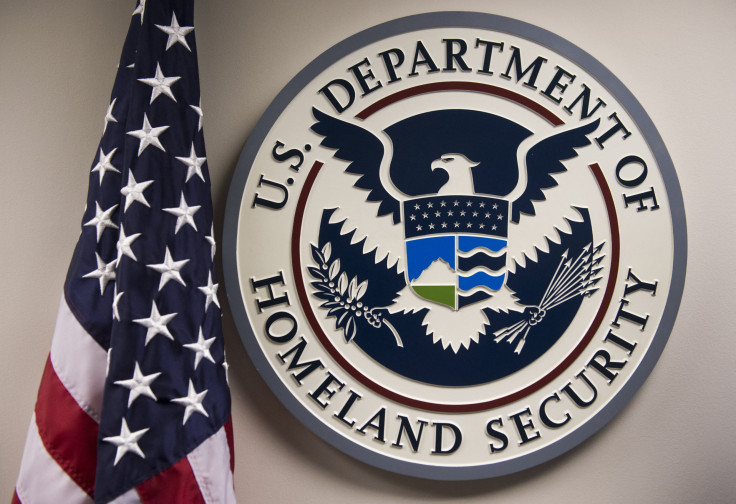
In late August, the Biden administration resumed the so-called CHNV program, which allows migrants from Venezuela, Haiti, Nicaragua and Cuba to apply for asylum in the country if they have a sponsor who can provide financial support for them after their arrival. The program had been halted earlier that month after an internal report revealed multiple instances of fraud, including instances in which 100,000 applications had been filed by a little over 3,000 so-called serial sponsors.
Upon its restart, authorities were quick to point out a clarification, as individuals who entered the country through the program and failed to change their legal status for asylum or another legal immigration program within two years are obliged to leave the country or face deportation proceedings once their parole period expires.
On Tuesday, however, further changes to the program were announced. The Department of Homeland Security (DHS) has now communicated updated safeguards for sponsors, which include enhanced background checks, vetting processes and fingerprint submission, specifically aimed at identifying fraudulent profiles, as Telemundo reports.
Rosaly Chaviano, an immigration lawyer, explained to Telemundo that, since many sponsors are not in the immigration system, fingerprinting is a way to check for any criminal records or other disqualifying factors.
Chaviano also explained that sponsors will be notified when to submit their fingerprints digitally. She did advise, however, that potential sponsors should check online accounts regularly for appointment notifications. While there was a proposal to charge a $30 fee for fingerprinting, this has not yet been implemented. As it stands, there is no cost for the procedure.
The new requirements apply to all pending cases, regardless of when the application was submitted. To initiate the process, sponsors must submit an online application through USCIS using Form I-134A for each beneficiary, including minors. There is no fee for submitting the form, and sponsors are prohibited from charging for their services.
Sponsors can apply individually or jointly with others, including organizations, businesses, or other entities. Besides the aforementioned vetting, they undergo U.S. government screening to ensure they can provide financial support and protect beneficiaries from exploitation. Parole is granted for up to two years based on urgent humanitarian needs or significant public benefit.
Sponsors are meant to be responsible for meeting basic needs such as housing, healthcare, and education, and helping beneficiaries integrate into U.S. society.
© 2025 Latin Times. All rights reserved. Do not reproduce without permission.





